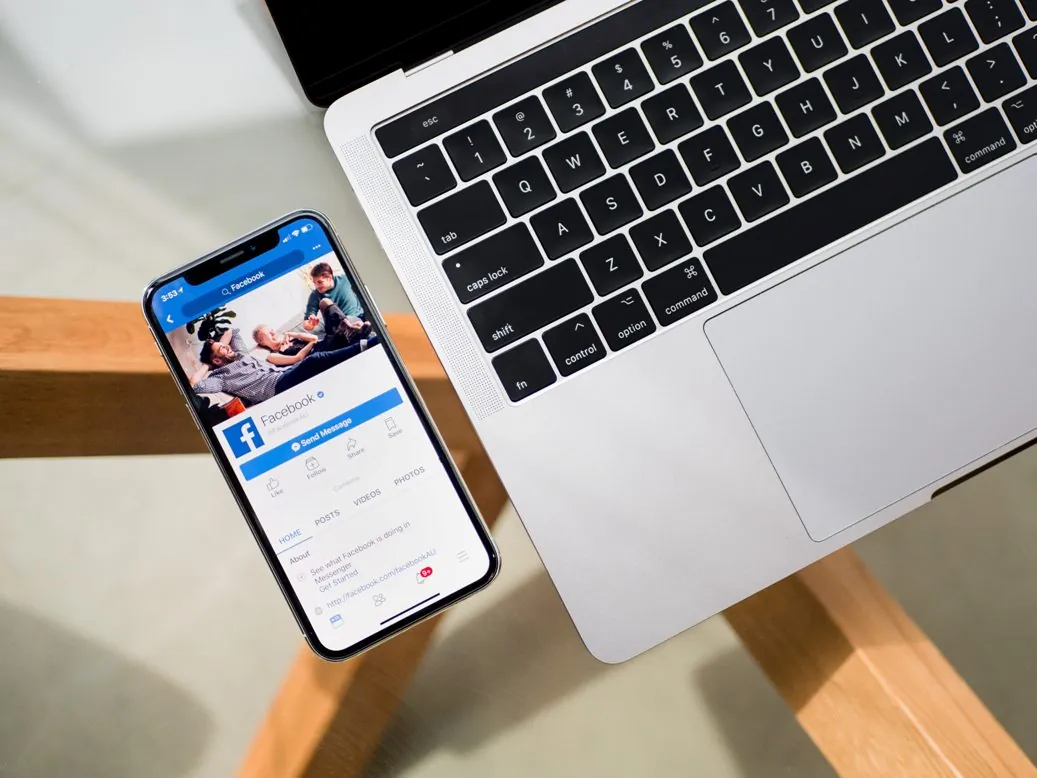

Facebook, on Thursday, formally announced its independent oversight board. Initially announced in 2018, the board was constituted to allow users to challenge content decisions on Facebook and Instagram.
The board’s primary assignment will be to handle appeals regarding content removed by Facebook itself. Cases could be brought directly before the board or referred to the board by Facebook.
The oversight board consists of outstanding, independent individuals (https://www.oversightboard.com/meet-the-board/) from around the world who will make final and binding decisions on what to allow and what to remove from Facebook and Instagram. The 40-member high profile list includes a former prime minister, Nobel peace prize winner, professors, CEOs, journalists and human rights advocates. Each member of the board will serve for a three-year term, for a maximum of three terms.
According to Facebook, “The Oversight Board was created to help Facebook answer some of the most difficult questions around freedom of expression online: what to take down, what to leave up and why. The board uses its independent judgment to support people’s right to free expression and ensure that those rights are being adequately respected. The board’s decisions to uphold or reverse Facebook’s content decisions will be binding, meaning that Facebook will have to implement them, unless doing so could violate the law.”
ALSO READ: How To Use Facebook Messenger Rooms
The Oversight Board will define the criteria that will ensure it selects eligible cases that are difficult, significant and globally relevant that can inform future policy.
In order to submit an appeal to the board, appeals must come from an active account holder, Facebook must have already reviewed its initial decision, content decisions must be eligible for appeal and appeals must be submitted within 15 days.
Once the conditions for appeal are met, you can start the appeal process here.
Each case will be assigned to a five-member panel, which will include at least one member from the region of the content under review.
Before it begins deliberation on a case, the board will implement a public comment period to allow third parties to share insights and perspectives.
After reviewing the appeal, the board will produce a written explanation of its decision, which will be available for the public to read.
•I agree to divorce —Husband Grade A Customary Court sitting in Mapo, Ibadan, Oyo State,…
Thirty-two years ago, a free and fair election in Nigeria won by Chief M.K.O. Abiola…
Chief (Mrs) Billy Umar Garba is the Asiwaju Iyamokun of Egbaland. She has been part…
•Court dismisses APC’s bid to revive sacked council chairmen’s case •APC should apologise to Osun…
•How ward development committees are boosting health uptake in Oyo State Mama Ajenifuja, supported by…
As society plunges further into the depths of despair, slay queens/mamas are living life to…
This website uses cookies.